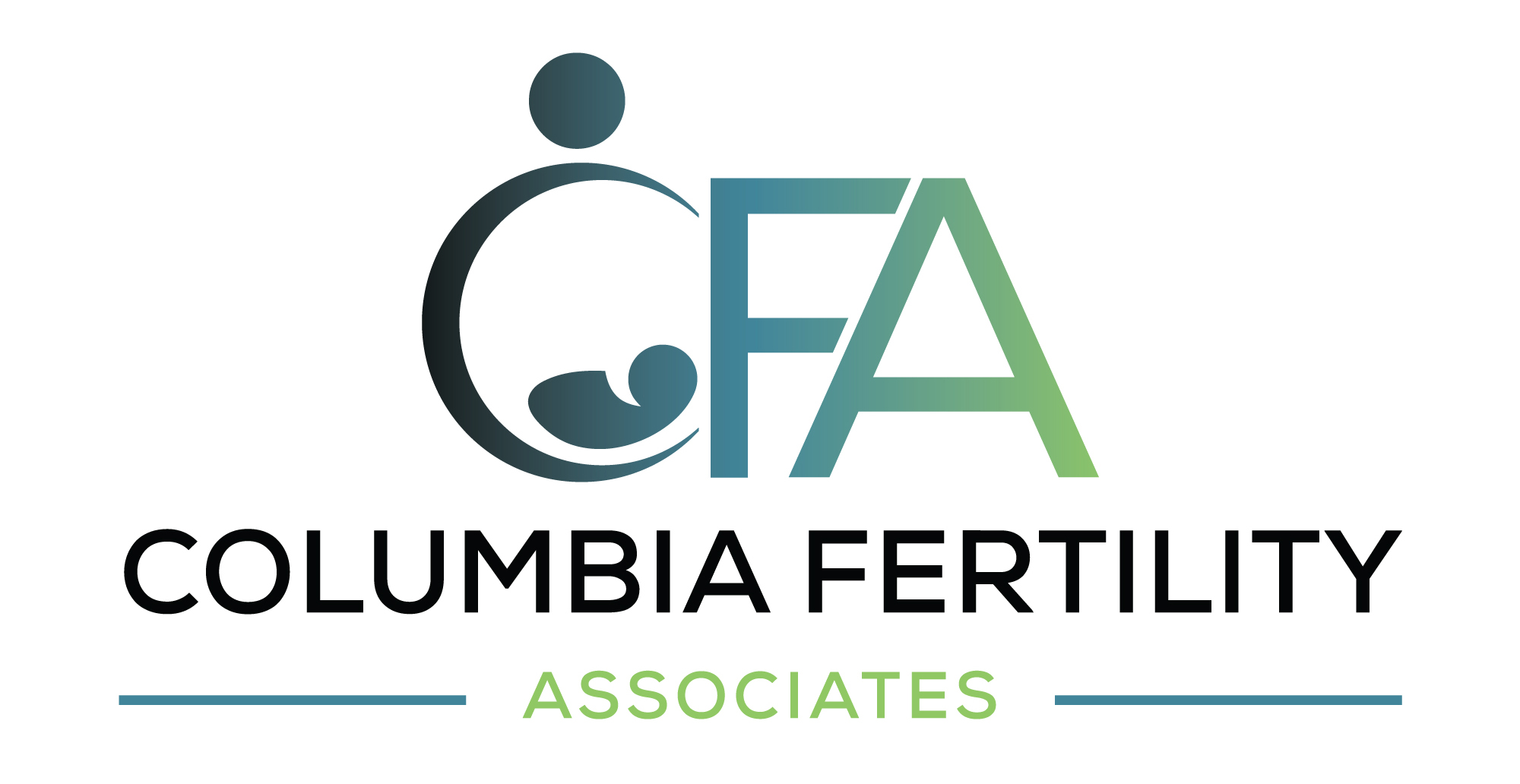Even though miscarriages are common, when you suffer a miscarriage it can feel personal and be emotionally devastating. You may wonder if you could’ve done something to prevent the miscarriage, or fear that your body is incapable of carrying a baby to term.
In most cases, a miscarriage is just nature’s way of preventing the further development of a fetus that has chromosomal abnormalities. Even though it’s frightening and disappointing to suffer a miscarriage, research shows that 10-20% percent of known pregnancies end in misscarriage. It’s theorized that half of unknown pregnancies (that are too early for symptoms or a positive test) also end in miscarriage.
When you have a miscarriage, you can still get pregnant again. The expert OB/GYNs and infertility specialists at Columbia Fertility Associates help you and your partner navigate the emotional after-effects of a miscarriage while moving forward with your plans to start or add to your family.
Another miscarriage is unlikely
First, you may worry about getting pregnant again because you believe that your body isn’t able to carry a baby to term. However, only about 1% of women who have a miscarriage go on to have repeated miscarriages.
Most of the time, the reason you miscarried has nothing to do with you or your body. Embryos often have chromosomal abnormalities that prevent them from developing into babies. In fact, in a study of donor embryos that resulted from fertility treatments, half of the embryos had chromosomal abnormalities.
Your body is ready within weeks
You may still be grieving, but your body doesn’t take long to recover after a miscarriage. We don’t recommend having sexual intercourse for about two weeks after a miscarriage because of the toll the process takes on your body.
However, by the time your next cycle comes around, you and your partner could try again. We help you learn to time your cycle so that you know when ovulation occurs. Having sex directly before, during, and after ovulation increases your chances of becoming pregnant.
Give yourself the time you need
While your body may be ready to conceive again, you or your partner might not be. Our fertility experts encourage you and your partner to take the time you need to grieve your loss.
We refer you to grief counseling, if you wish. You might also wish to join an online community for couples who’ve lost a pregnancy to miscarriage. Talking about your miscarriage with other women helps you feel less alone.
Eliminate risk factors
Although most miscarriages occur because of fetal chromosomal abnormalities, your own health and habits may increase your risk for a miscarriage.
During your workup, we evaluate your overall health and may recommend that you:
- Attain a healthy weight
- Quit smoking
- Abstain from alcohol or drugs
- Switch to a whole-foods diet
- Add in more movement and exercise
- Eliminate environmental toxins
- Take vitamins, minerals, and supplements
Some medications may complicate a pregnancy or raise your risk for miscarriage. During your consultation with us, we take a complete personal and familial medical history to identify any factors that could contribute to miscarriage. We also conduct a comprehensive physical exam and workup to identify and manage underlying medical conditions
To increase your chances of a healthy, full-term pregnancy after miscarriage, feel free to contact our team at Columbia Fertility Associates. We have offices in Washington, DC; Bethesda, Maryland; and Arlington, Virginia.








